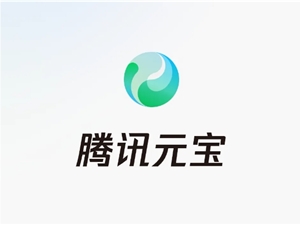Ibiden Co., a major supplier of chip packaging substrates for Nvidia's cutting-edge semiconductors, is considering accelerating its production capacity to meet the growing market demand. CEO Koji Kawashima stated that sales of the company's AI application substrates are strong, with customers quickly depleting existing inventories, and this demand is expected to continue into next year.

Currently, Ibiden is constructing a new packaging substrate factory in Gifu Prefecture, Japan, which is expected to be operational at 25% capacity by the fourth quarter of 2025 and reach 50% capacity by March 2026. However, Kawashima pointed out that this capacity may still not be sufficient to meet market demand. He revealed that the company is in discussions with customers about when to initiate the remaining 50% capacity.
Kawashima mentioned that customers are expressing concerns about future supply capabilities and have begun inquiring about the company's next investment plans and capacity expansion. On Monday, Ibiden's stock price rose by 5.5% in Tokyo, marking the largest increase in a month. This reflects the market's attention and expectations for its future development.
Ibiden's clientele includes several well-known companies such as Intel, AMD, Samsung Electronics, and TSMC. These companies often collaborate with Ibiden in the early stages of product development, as substrates need to be customized based on the characteristics of each chip to ensure they can withstand the high temperatures of Nvidia's graphics processors and complete the packaging of AI chips.
Founded in 1912, Ibiden started as a power company and later developed expertise in the semiconductor field through collaboration with Intel. Kawashima used to wait daily at Intel's headquarters in Santa Clara during the 1990s to seek product feedback from engineers and executives, which fostered the partnership between the two companies. In the past, Intel accounted for 70% to 80% of Ibiden's chip packaging substrate revenue, but in the fiscal year ending March 31, this proportion has fallen to about 30%, as Intel has faced transformation challenges leading to the dismissal of CEO Pat Gelsinger.
Despite the dependency on Intel causing a nearly 40% drop in Ibiden's stock price, Kawashima lowered the company's profit expectations in October, noting that weak demand for general server components has affected the growth of AI servers. However, he also expressed confidence in Intel's recovery, despite the need to expand collaborations with other chip manufacturers.
Key Points:
✅ Ibiden plans to accelerate chip packaging substrate production capacity due to strong AI demand.
✅ The new factory is expected to be operational by 2025, but may still not meet market demand.
✅ Ibiden collaborates with several well-known tech companies, and customers are concerned about future supply capabilities.










